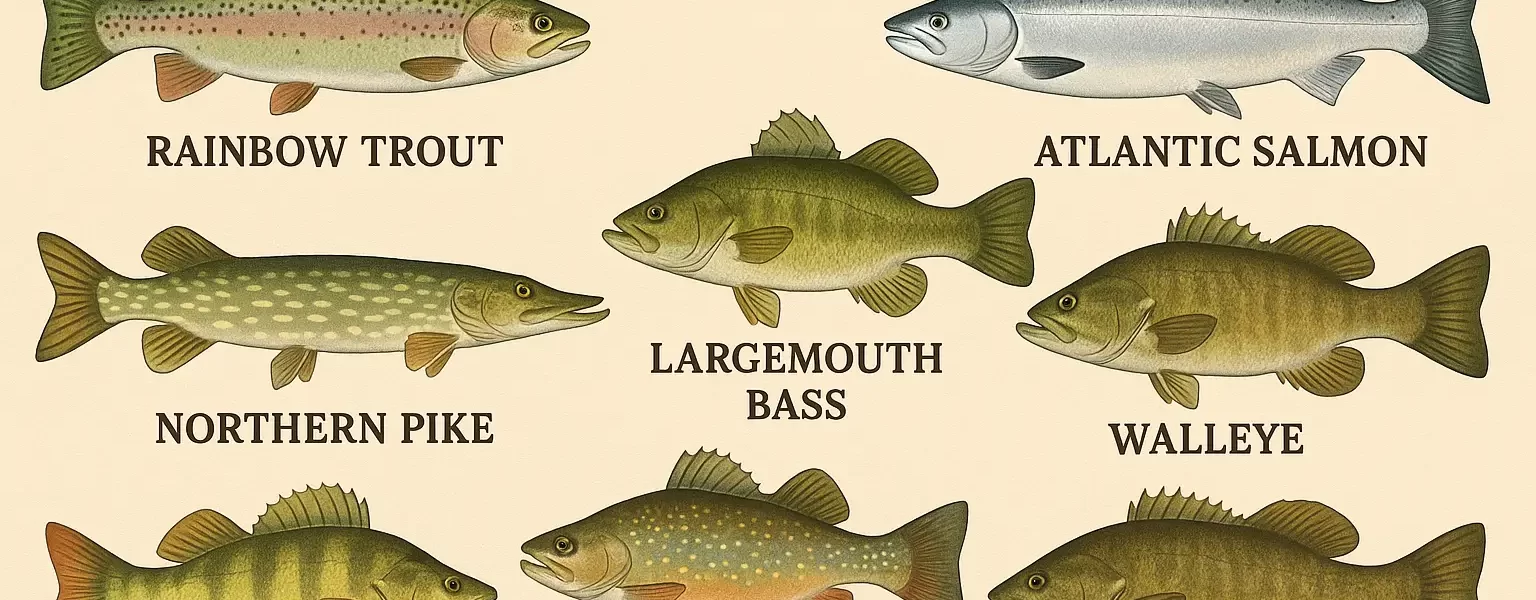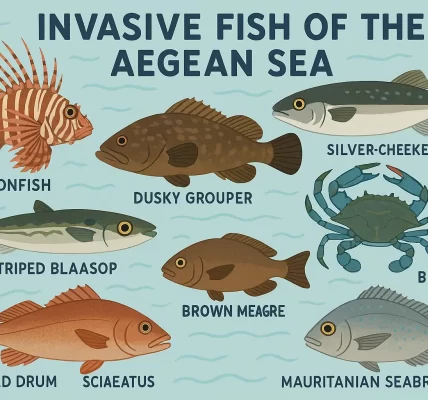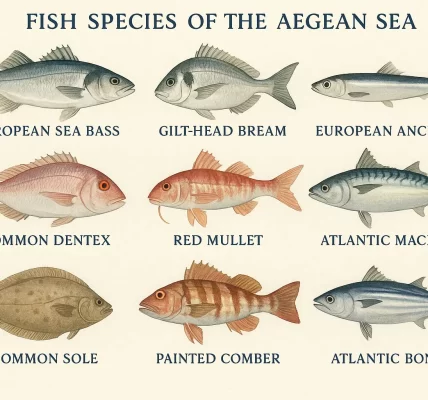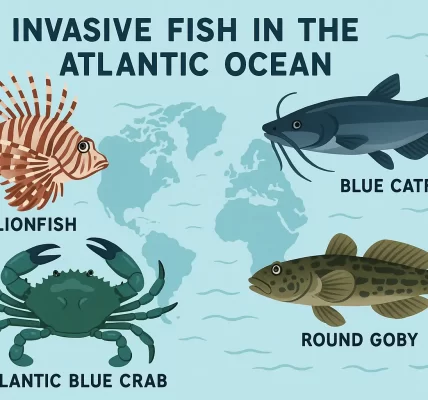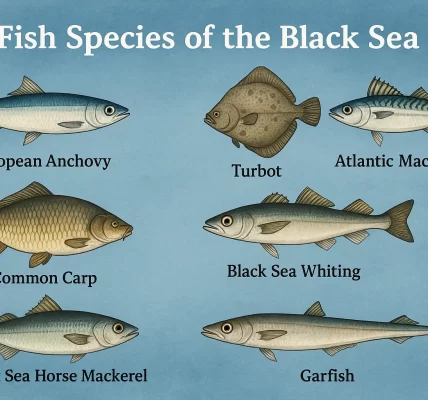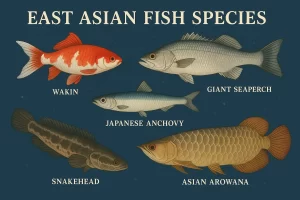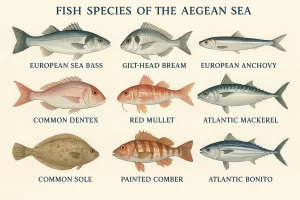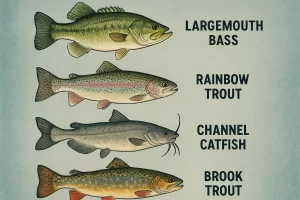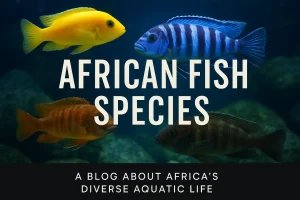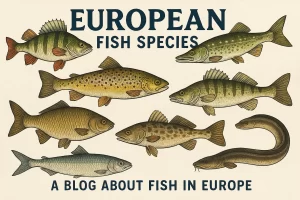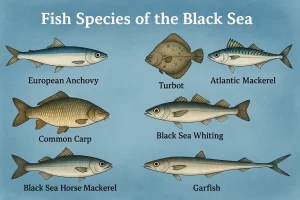Wild Fish Species
Wild Fish Species: Nature’s Untamed Aquatic Life
Wild fish species are essential to the balance of aquatic ecosystems and offer a glimpse into the diversity of marine and freshwater environments. Unlike farmed fish, wild fish live in their natural habitats and have adapted to unique environmental challenges over generations. This article explores some of the most fascinating wild fish species found around the world, their habitats, and their ecological importance.
What Are Wild Fish?
Wild fish are species that live and reproduce in natural water bodies such as oceans, rivers, lakes, and streams. They are not bred or raised in captivity, making them genetically diverse and well-adapted to their surroundings. Wild fish populations are often indicators of the overall health of their ecosystems.
Key Characteristics of Wild Fish
- Live in unregulated, natural environments
- Feed on natural diets such as plankton, smaller fish, or plant matter
- Have more genetic variation than farm-raised fish
- Are subject to environmental pressures like predators and seasonal changes
Types of Wild Fish Species
There are thousands of wild fish species across the globe. Some live in freshwater habitats, while others are marine fish. Below are examples of both.
Freshwater Wild Fish
1. Rainbow Trout (Oncorhynchus mykiss)
Native to North America, rainbow trout are found in cold rivers and lakes. Known for their shimmering scales and agile movement, they are a favorite among anglers. Rainbow trout feed on insects, small fish, and aquatic invertebrates.
2. Northern Pike (Esox lucius)
Common in northern Europe, Asia, and North America, the northern pike is a carnivorous freshwater fish known for its speed and sharp teeth. It inhabits lakes and slow-moving rivers, preying on smaller fish, frogs, and even birds.
Marine Wild Fish
1. Atlantic Bluefin Tuna (Thunnus thynnus)
One of the fastest and most powerful fish in the ocean, the Atlantic bluefin tuna is highly prized for its meat, especially in sushi markets. These fish can grow over 1,000 pounds and migrate thousands of miles across the Atlantic.
2. Clownfish (Amphiprioninae)
Made famous by popular media, clownfish live in warm ocean waters, particularly around coral reefs. They are symbiotic with sea anemones and play a role in maintaining reef health.
Ecological Importance of Wild Fish
Wild fish are critical to food webs, both as predators and prey. They help maintain balance in aquatic ecosystems by controlling population sizes of other organisms. Their presence also affects water quality and nutrient cycling. For example, salmon transport marine nutrients upstream when they migrate and die in freshwater streams, enriching the ecosystem.
Threats to Wild Fish Populations
Despite their resilience, wild fish face numerous threats:
- Overfishing: Excessive commercial and recreational fishing can deplete populations.
- Pollution: Chemicals, plastics, and waste reduce water quality and harm fish health.
- Climate Change: Rising temperatures and ocean acidification disrupt habitats and breeding cycles.
- Habitat Destruction: Dams, deforestation, and coastal development degrade essential spawning grounds.
Conservation Efforts
Efforts to protect wild fish include marine protected areas, sustainable fishing practices, and habitat restoration. Organizations worldwide work to monitor populations, regulate fisheries, and raise awareness of the importance of wild aquatic life.
What Can You Do?
- Support sustainable seafood choices by looking for eco-labels like MSC or ASC
- Avoid single-use plastics that pollute aquatic environments
- Donate to or volunteer with conservation organizations
- Educate others about the importance of preserving wild fish species
Conclusion
Wild fish species are not only fascinating in their diversity and adaptability but are also vital to maintaining ecological balance. As pressures on natural environments increase, understanding and protecting these species becomes more important than ever. By making informed choices and supporting conservation, we can help ensure that wild fish continue to thrive in our planet’s waters.

